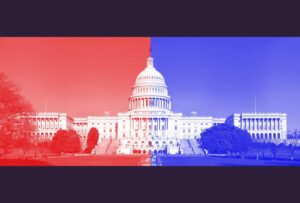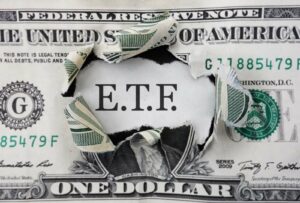The United State is home to some 7,400 state legislators holding office at any time. And in every state – with the exception of Idaho and Michigan – there exist personal financial disclosure requirements that require office-seekers and elected officials to disclosure information regarding personal assets, investments, and transactions. The wealth of information exists to hold elected officials accountable and free of conflicts of interest.
This information, however, is often difficult to come by. In about a third of the states digital access to these financial disclosures remains unavailable. In these states, citizens must navigate labyrinthine accessibility rules, often needing to travel to the state house to request specific disclosures in-person. Additionally, many states require only vague listing of sources of wealth and income, allowing members of our government to hide their interests without consequence.
The point of a democracy is to elect public citizens whose personal interests are secondary to the interests of their country. This ideal is difficult, however, in a system in which elected officials retain active financial interests outside their official duties. Over 75 percent of state-level lawmakers report outside income or employment, and many if not most of these outside sources of wealth are directly tied to the legislation passed in state houses around the country. While two-thirds of all states rely on ethics commissions outside the legislature to monitor such activity, these commissions are often function in an ad hoc manner and their funding and support vacillates with the office holders. States such as New York, Virginia, Illinois, and New Jersey, do not rely on ethics commissions at all.





